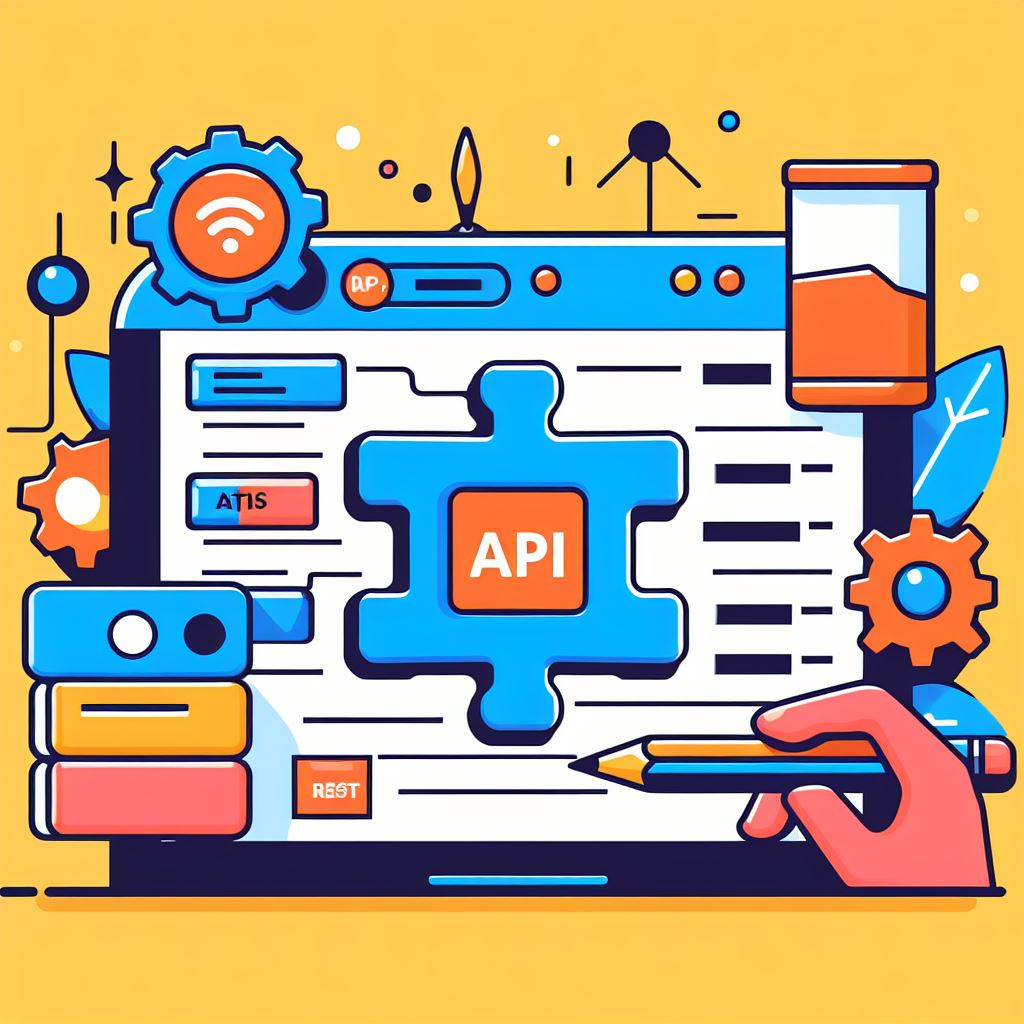What is an API?

Understanding APIs: A Beginner's Guide
In today's interconnected digital world, the term "API" is thrown around frequently, but what exactly is an API, and why is it so crucial in the realm of technology and software development? Whether you're a seasoned developer or a curious newcomer, understanding APIs is fundamental to grasping the intricacies of modern digital systems. So, let's delve into the world of APIs and unravel their significance.
What is an API?
API stands for Application Programming Interface. At its core, an API is a set of rules and protocols that allows different software applications to communicate with each other. Think of it as a messenger that enables two or more software systems to exchange data and perform tasks seamlessly, regardless of their underlying architecture or programming languages.
How does an API work?
Imagine you're at a restaurant, and you want to place an order. You don't need to enter the kitchen and cook the meal yourself; instead, you communicate your order to the waiter, who then conveys it to the kitchen staff. In this analogy, the waiter acts as an intermediary or API, facilitating communication between you (the client) and the kitchen (the server).
Similarly, in the digital realm, when you interact with a web application or service, you're essentially sending requests to its API. These requests could involve fetching data, submitting information, or executing specific actions. The API processes your requests and returns the desired outcomes, much like how the kitchen prepares your meal and serves it through the waiter.
Types of APIs
APIs come in various forms, each serving distinct purposes:
Web APIs: Also known as HTTP APIs or RESTful APIs, these are designed for communication over the internet using standard web protocols such as HTTP and HTTPS. Web APIs are widely used for integrating web services, fetching data from servers, and enabling interactions between web applications.
Library APIs: These APIs are part of software libraries or frameworks and provide predefined functions and methods for developers to use in their applications. Library APIs abstract complex tasks, making it easier for developers to implement certain functionalities without reinventing the wheel.
Operating System APIs: Operating systems like Windows, macOS, and Linux offer APIs that allow developers to interact with system resources such as file management, networking, and hardware devices. These APIs enable the creation of applications that can leverage the capabilities of the underlying operating system.
Hardware APIs: Hardware manufacturers often provide APIs that enable developers to communicate with hardware components such as graphics cards, printers, and sensors. These APIs allow software applications to utilize hardware functionalities efficiently.
Why are APIs important?
The importance of APIs in modern software development cannot be overstated. Here are some key reasons why APIs are essential:
Interoperability: APIs facilitate interoperability between different software systems, enabling them to work together seamlessly. This interoperability is crucial for building integrated solutions and connecting diverse platforms and services.
Efficiency: By providing standardized interfaces and reusable components, APIs streamline development processes and reduce time-to-market for software products. Developers can leverage existing APIs to add functionalities without reinventing them from scratch.
Scalability: APIs support scalable architectures by decoupling components and enabling distributed systems. Applications can handle increased loads and user demands more effectively by leveraging APIs for communication and resource sharing.
Innovation: APIs empower developers to innovate by providing access to a wide range of services, data, and functionalities. Through API integration, developers can combine disparate resources and create new, value-added experiences for users.
In conclusion, APIs serve as the backbone of modern software ecosystems, enabling seamless communication, integration, and innovation. Whether you're building web applications, mobile apps, or enterprise systems, understanding APIs is essential for harnessing the full potential of technology in today's digital landscape. So, the next time you interact with a digital service or platform, remember that behind the scenes, APIs are the silent heroes making it all possible.

